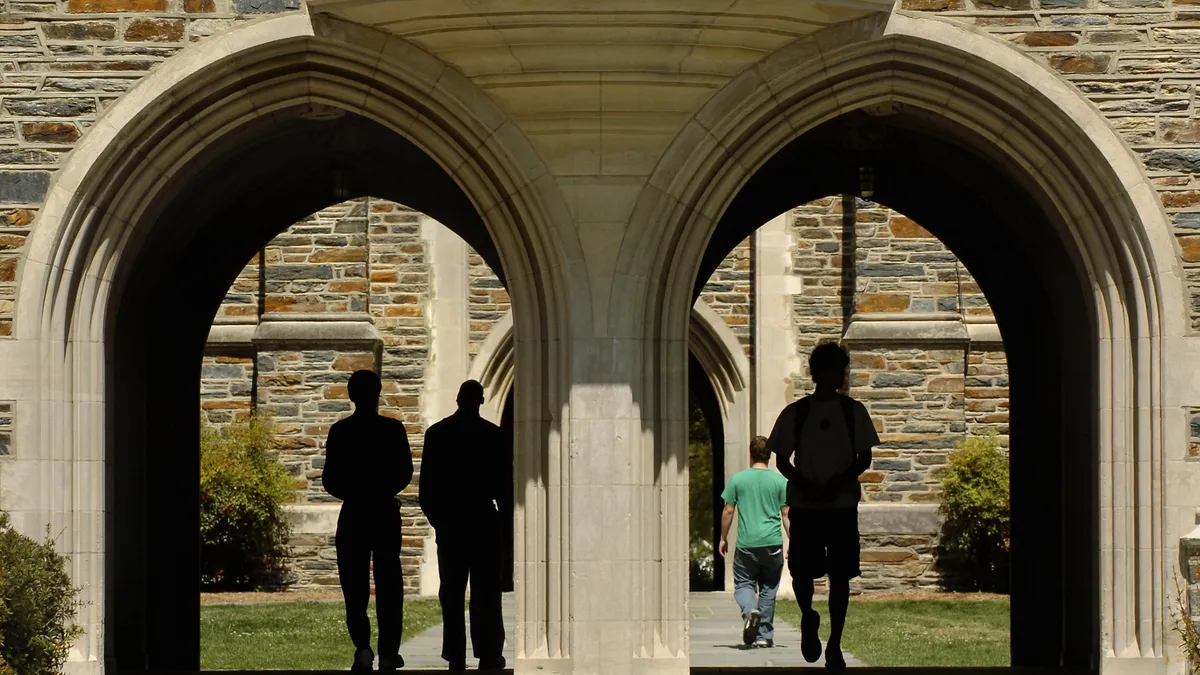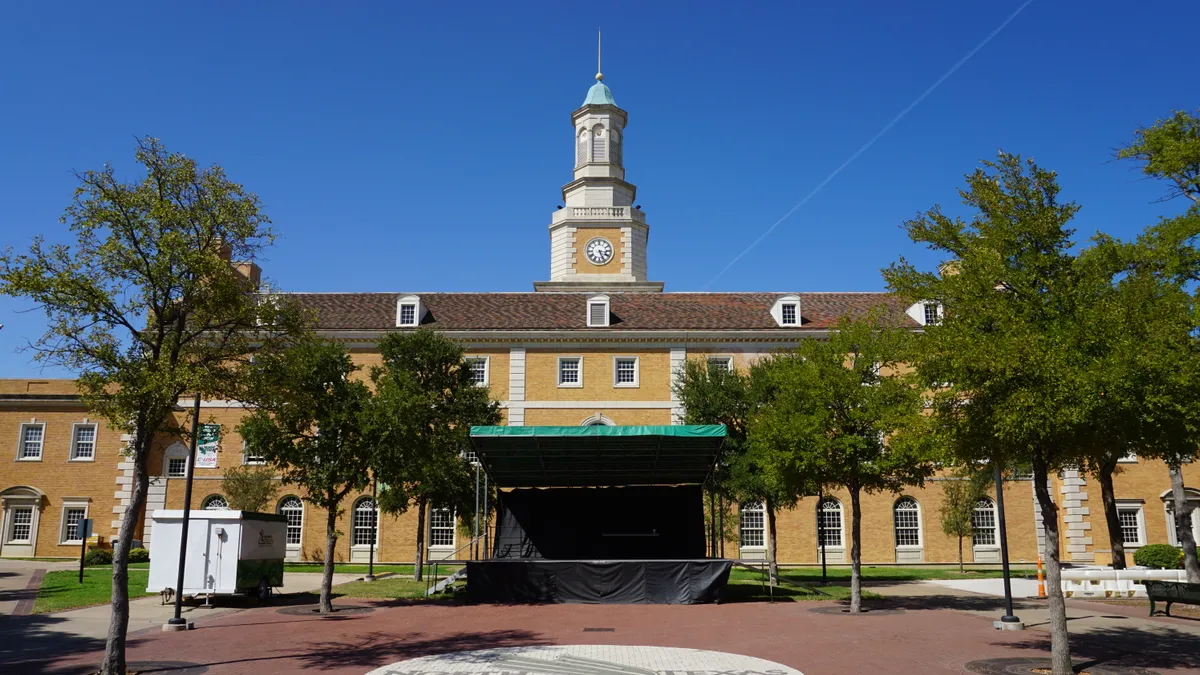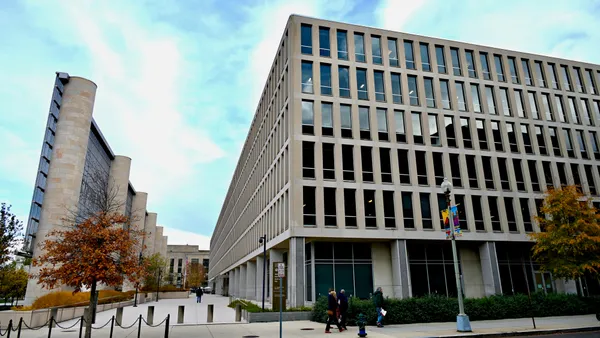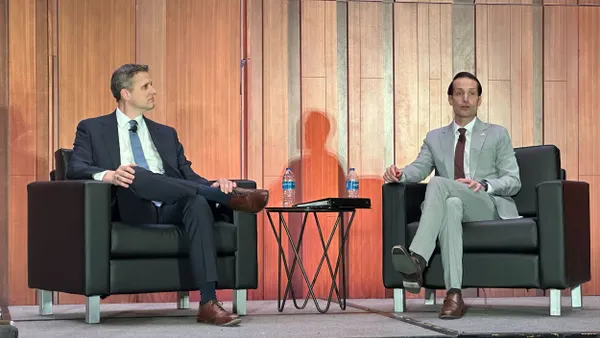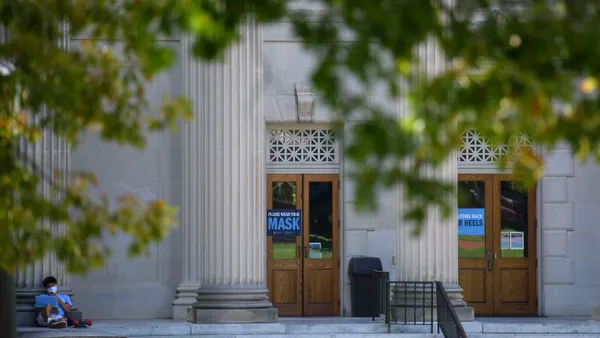Dive Brief:
-
The head of an organization representing roughly 6,000 Ohio college professors slammed the University of Akron for its recently announced program cuts, saying they were implemented while the institution excessively focuses on programs that drive revenue, the Akron Beacon Journal reported.
-
The letter from the Ohio Conference of the American Association of University Professors says the cuts indicate the institution values funding over education. Akron plans to end about one-fifth of its degree tracks, including bachelor's degrees in art history, geography, math and physics, and master’s degrees in history, physics and sociology. (Full list here.)
-
Meanwhile, the university is enhancing programs such as cybersecurity, polymer and chemical sciences, digital communication, and performing arts. Although the cuts are not expected to cause layoffs, U of Akron professors say the university did not do enough to support and promote the programs being eliminated.
Dive Insight:
Akron isn't the only institution weighing the decision to cut programs.
Goucher College, located near Baltimore, recently announced plans to eliminate several programs. College President Jose Antonio Bowen said the decision was intended to allow the liberal arts college to focus on its strengths and that it doesn't plan to add vocational programs "currently in vogue with segments of the American public." It trimmed majors and minors in math, music, physics, religion, Russian and elementary and special education and majors in studio art, theater, book studies and German and Judaic studies.
Earlier this year, the University of Wisconsin–Stevens Point said it was cutting several majors in an effort to address an anticipated $4.5 million deficit over two years as enrollment and tuition revenues at the public institution decline.
To battle the effects of falling enrollment and, with it, revenues, other colleges are seeking new sources of funding, moving classes online, and even specializing or considering mergers — in some cases simply to increase efficiencies in administration costs or to share courses. Several smaller New England colleges are struggling to remain open as expenses rise and enrollments fall, according to the Boston Globe, which cites Moody's data noting that 11 colleges nationwide closed in 2017 compared with just three in 2012.


